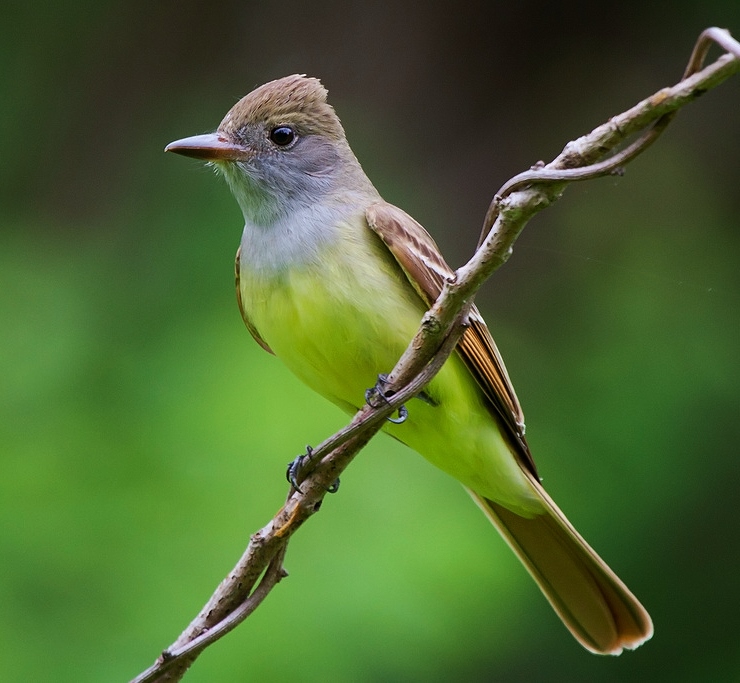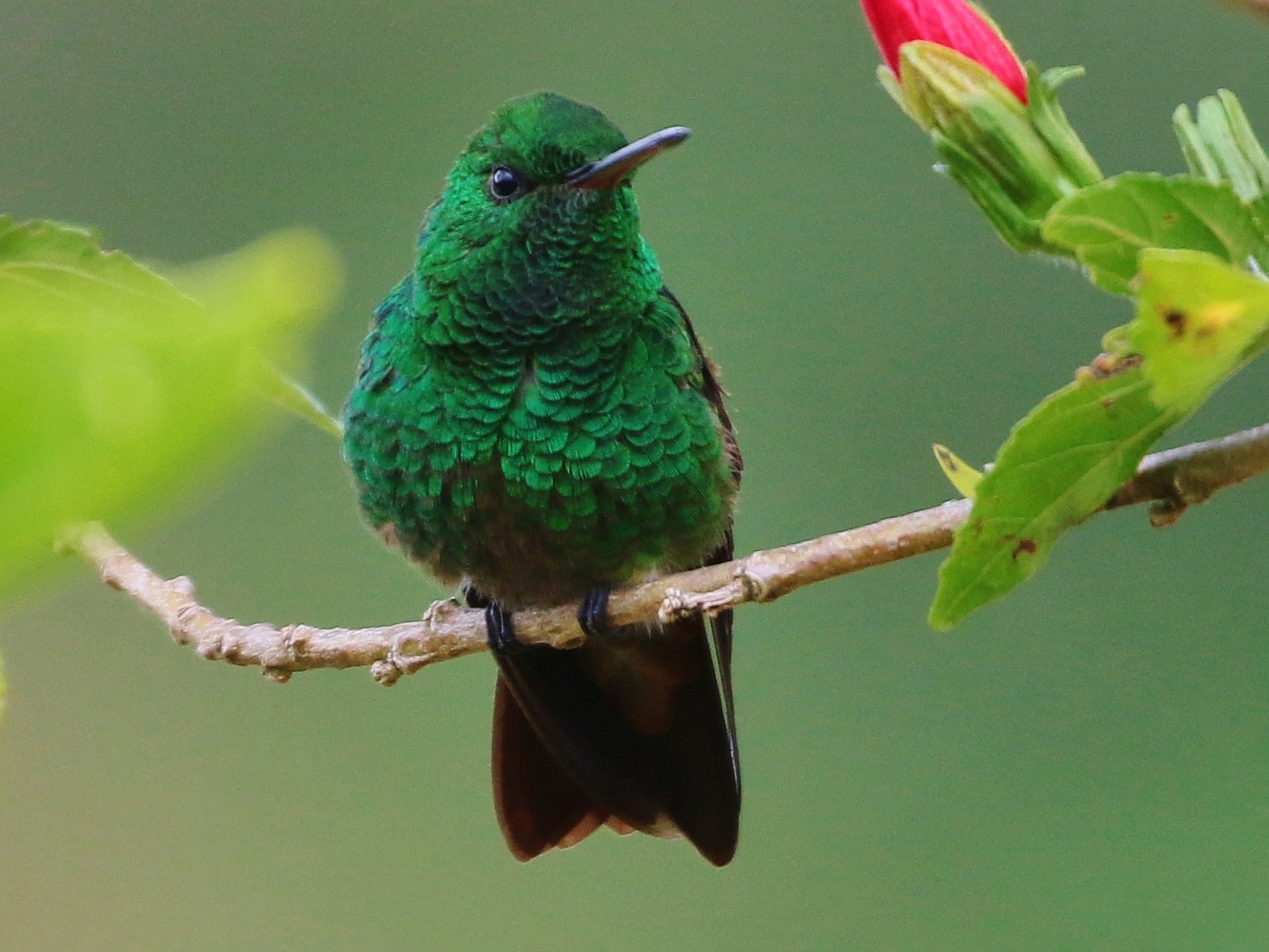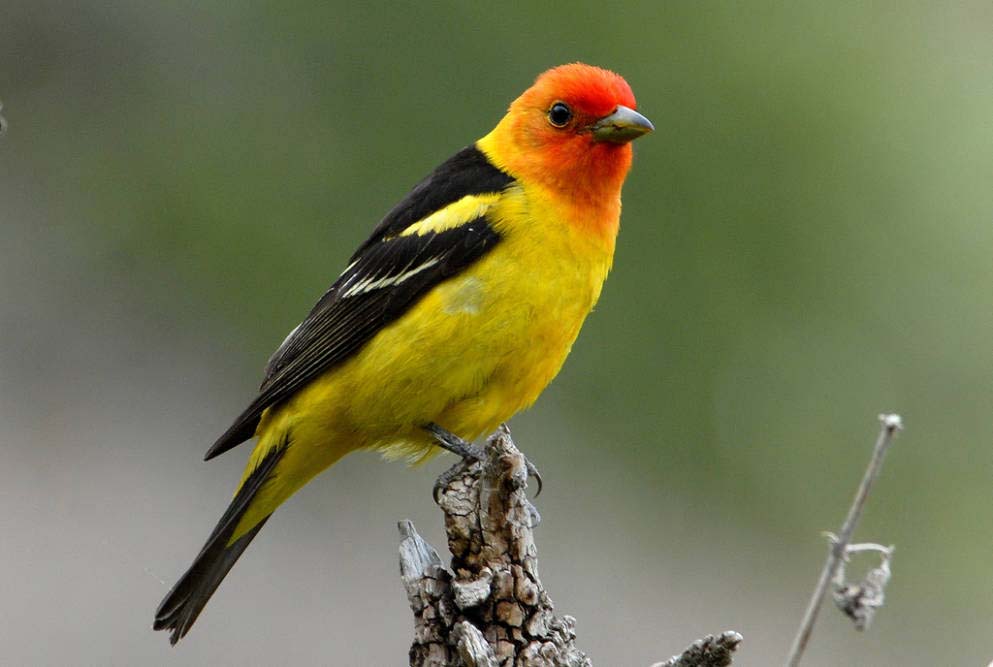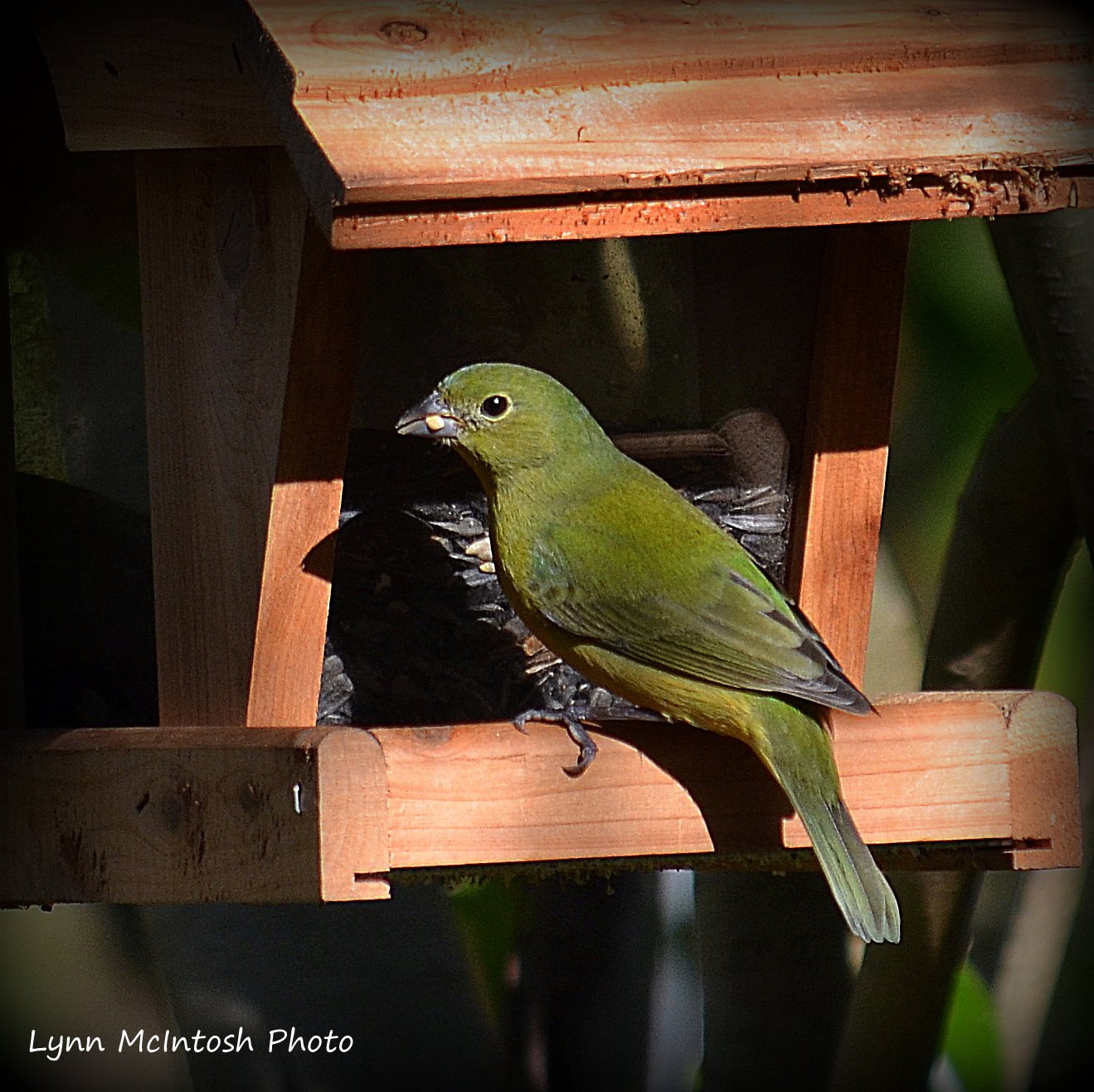Greenbellied Hummingbird, Amazilia viridigaster, birds Colombia

Great Crested Flycatcher Facts, Habitat, Diet, Life Cycle, Baby, Pictures
Explore a complete list of bird species observations in this area.. Red-bellied Woodpecker. Count # 1. 6 Jan 2024. Ethan K. Greycar Rion Memorial Refuge (my yard) species 12. Tufted Titmouse.. Black-throated Green Warbler. Count # 1. 17 Oct 2023. Ethan K. Greycar Rion Memorial Refuge (my yard) species 144. Red-eyed Vireo.

Greenbellied Hummingbird eBird
12. Buff-bellied Hummingbird. The Buff-bellied Hummingbird is one of the most common species in the pine and pine-oak forests of Mexico and Guatemala. As its name suggests, it has a striking buff or cinnamon colored underside. The males also have an iridescent turquoise-green throat patch while females have a speckled throat with some metallic.

Greenbellied Hummingbird eBird
The Green Heron is a common bird species in North America, although it may be difficult to spot it initially. From afar, it appears dark and stocky, wading on its long slender yellow legs in shallow water. Close up, it reveals its striking features, including its velvet-green back, chestnut-colored body, and a dark cap that it can raise into a short crest.

Painted Bunting Identification, All About Birds, Cornell Lab of Ornithology
"Green-breasted" isn't actually an accurate description of the females: They bear a bright blue stripe from the bill to the belly. Northern Lapwing This shorebird is found in virtually every corner of Eurasia, from the farmlands of the northern United Kingdom to the forests of South Korea.

Greenbellied Hummingbird, Amazilia viridigaster. Mauricio Rueda
Scientific name: Psittacula krameri The Rose-ringed Parakeet can be found in small numbers in Texas. These birds are also known as Ring-necked Parakeets because of the distinctive ring on their necks. These bright green parrots are found in south Texas, where they feed on fruits, seeds, nuts, insects, and worms and nest in tree cavities.

Greenbellied Hummingbird, Amazilia viridigaster BR/ CO/ GY/ VE
The Green-bellied Hummingbird is one of over 300 species of hummingbird found throughout the Americas. Hummingbirds are the smallest birds in the world and are specialized nectar feeders, with long slender bills adapted for reaching into flowers. The Green-bellied Hummingbird averages only 3.5 inches in length and weighs just over 2 grams.

Greenbellied Hummingbird, Amazilia viridigaster, birds Colombia
10 Gorgeous Green Birds of the Americas. March 10, 2022 · Joe Lowe & Gemma Radko. Green Kingfisher. Photo by Bildagentur ZoomGMBH/Shutterstock. While the color green is commonly associated with parrots and parakeets, it's actually found in a range of birds throughout the Western Hemisphere and the wider world.

Sirirí común o pitirri (Tyrannus melancholicus) Tropical Kingbird
Here is a list of different types of green birds seen in North America including native, vagrant birds and others. Click on the bird names listed below to see pictures of the Green Birds seen in North America Acadian Flycatcher Common Chiffchaff Cordilleran Flycatcher Dusky Flycatcher Hammond's Flycatcher Pacific-slope Flycatcher

Greenbellied Hummingbird eBird
Wingspan: 9.8-12.6 in. Eastern Bluebirds are the state bird of New York. True to their name, bluebirds are royal blue on top with rusty reddish-orange chests and white bellies. Females and males share the same coloration, however the females colors appear much duller and more faded, especially the blue.

Olivegreen tanager Beautiful birds, Bird species, Pretty birds
A flash of green and red, the Ruby-throated Hummingbird is eastern North America's sole breeding hummingbird. These brilliant, tiny, precision-flying creatures glitter like jewels in the full sun, then vanish with a zip toward the next nectar source. Feeders and flower gardens are great ways to attract these birds, and some people turn their yards into buzzing clouds of hummingbirds each summer.

Avise's Birds of the World
The green-bellied hummingbird ( Saucerottia viridigaster) is a species of hummingbird in the "emeralds" tribe Trochilini of subfamily Trochilinae. It is found in Colombia and Venezuela. [2] [3] Taxonomy and systematics [ edit] The green-bellied hummingbird was formerly placed in the genus Amazilia.

Western Tanager Piranga ludoviciana NatureWorks
Dark-eyed Juncos are neat, even flashy little sparrows that flit about forest floors of the western mountains and Canada, then flood the rest of North America for winter. They're easy to recognize by their crisp (though extremely variable) markings and the bright white tail feathers they habitually flash in flight. Dark-eyed Juncos are among the most abundant forest birds of North America.

Near endemic Greenbellied Hummingbird Amazilia viridigaster
1. Mallard Duck Scientific name: Anas platyrhynchos Length: 23 in Weight: 2.4 lb Wingspan: 35 in The Mallard duck may be the first bird in your mind if you think about green birds. It makes its way to this list because the male mallard's head is decorated with brilliant green feathers during the breeding season.

マミジロムシクイ eBird
Kentucky Warblers breed in eastern US states and spend the winter in Mexico and Central America. Length: 5.1 in (13 cm) Weight: 0.5-0.5 oz (13-14 g) Wingspan: 7.9-8.7 in (20-22 cm) You can find Kentucky Warblers in deciduous woodland on the ground so they can be easier to spot. Nests of Kentucky Warblers are also unusually on the ground.

Greenbellied Hummingbird (Amazilia viridigaster) by Nick Athanas
Which Birds Have Green Bellies? Table of Contents 1. Pelagic Cormorant 2. Green Jay 3. Anna's Hummingbird 4. Broad-billed Hummingbird 5. Costa's hummingbird 6. Berylline Hummingbird 7. Mexican Violetear 8. Green-breasted Mango 9. Buff-bellied Hummingbird 10. Yellow-chevrons Parakeet 11. White-winged Parakeet 12. Monk Parakeet 13. Red-crowned Parrot

Southwest Florida Gardener Passiflora
An elegant gray and salmon-pink flycatcher festooned with an absurdly long tail, the Scissor-tailed Flycatcher is the bird to look for on fence wires in the south-central United States. They typically perch in the open, where their long, forked tails make an unmistakable silhouette. The tail proves useful as they expertly catch insects on the wing with sharp midair twists and turns.